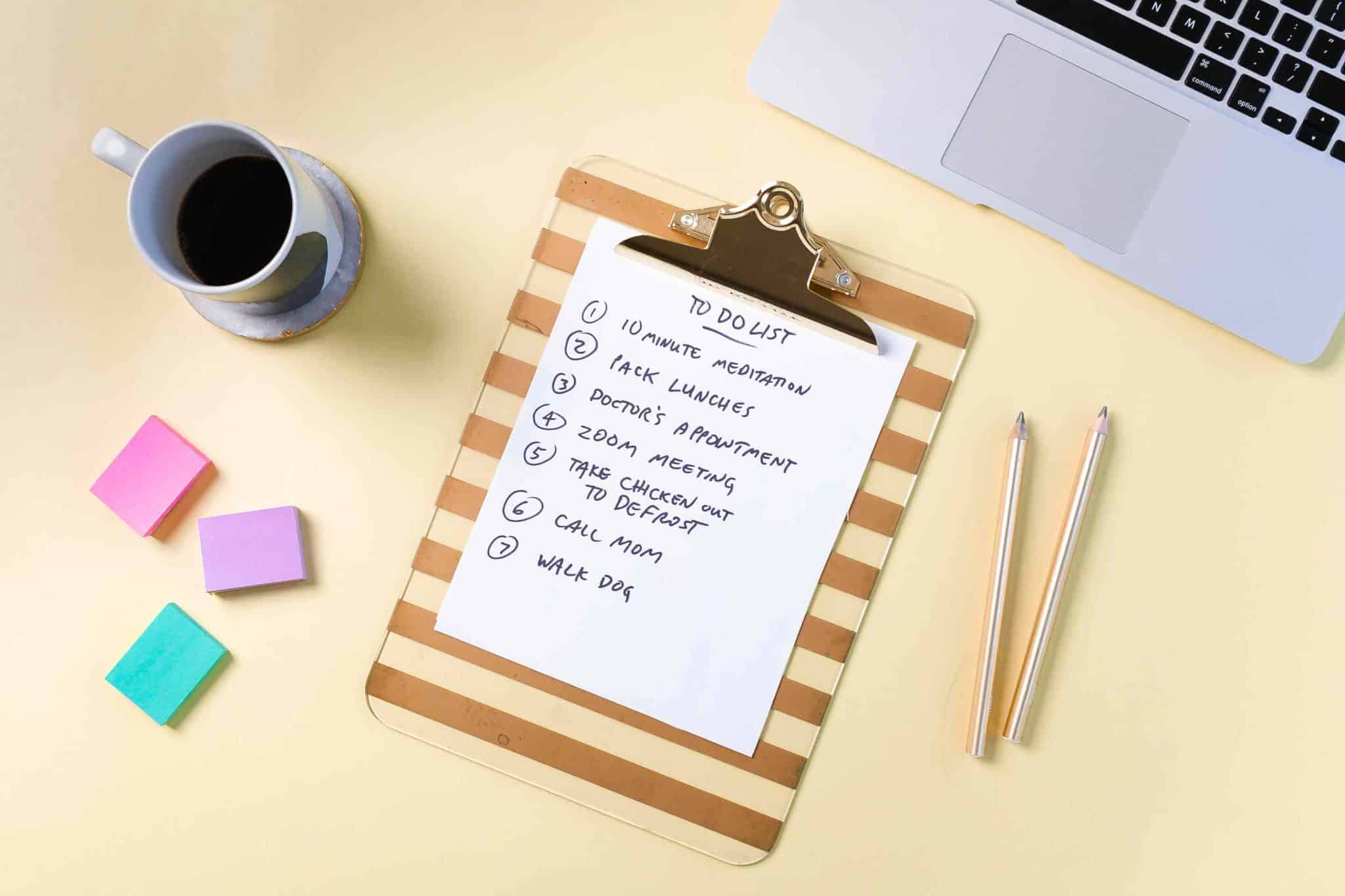
Modern life is a constant juggle of responsibilities, from work to education, family commitments, and trying to maintain some semblance of a social life. In the midst of all this, prioritizing well-being can feel impossible. Yet, staying healthy and balanced is crucial—not just for immediate productivity but for long-term happiness and success.
Finding balance doesn’t mean overhauling your life or abandoning your goals. Small, sustainable changes can have a big impact. Whether it’s adjusting routines, seeking flexibility in education, or building habits that support mental and physical health, there are ways to manage a hectic schedule while keeping your well-being intact.
Creating Routines

A solid routine is one of the best tools for maintaining balance in a hectic lifestyle. Setting aside specific times for activities like exercise, meal preparation, and relaxation helps ensure that these important aspects don’t get lost in the daily grind. For instance, starting the day with a 10-minute yoga session or a brisk walk not only energizes you but also sets a positive tone for the rest of the day.
Routines don’t have to be rigid or time-consuming to be effective. Even simple steps, like prepping meals in advance or scheduling a quick midday stretch break, can make a big difference. These habits provide structure in an otherwise chaotic schedule, allowing you to focus on tasks while knowing your health is still a priority. A little planning upfront leads to a smoother, more manageable day.
Streamlining Education
Balancing work and study is challenging, especially in professions that demand both physical and mental energy. Nurses, for example, often face long hours and high stress, leaving little time for pursuing advanced degrees. The traditional classroom model doesn’t always fit into their schedules, which is why many are turning to flexible educational options. Programs like online ABSN programs allow students to study at their own pace, which makes it easier for them to balance their professional and personal lives.
These programs also reduce commuting time and allow learners to adapt coursework around their shifts and family commitments. Whether you’re a nurse, teacher, or working professional in any field, choosing flexible education options can significantly reduce stress. With a well-structured plan, you can focus on career advancement without compromising your well-being. It’s a solution that acknowledges the realities of modern life while supporting personal and professional growth.
Prioritizing Quality Sleep
Sleep often takes a backseat when life gets busy, but it’s one of the most critical components of health. Poor sleep doesn’t just leave you feeling tired—it impacts productivity, mood, and even physical health. A lack of rest can make even the simplest tasks feel overwhelming, creating a cycle of stress and fatigue.
Improving sleep quality doesn’t require major changes. Start with small adjustments, like setting a consistent bedtime or limiting screen time an hour before bed. Prioritizing sleep allows you to approach each day with more energy and focus, making it easier to tackle your to-do list and maintain balance.
Prioritizing Nutritional Simplicity

Eating well doesn’t have to mean hours in the kitchen or a complicated diet plan. Focus on nutritional simplicity by choosing whole, minimally processed foods that require minimal preparation. Stock your kitchen with easy staples like fresh fruits, pre-washed greens, canned beans, and rotisserie chicken for quick, balanced meals.
Batch cooking or preparing grab-and-go snacks over the weekend can further reduce stress during busy weekdays. Smoothies with a mix of fruits, protein powder, and nut butter or a grain bowl with veggies and a boiled egg are examples of quick, nourishing options. Simple meals keep your energy steady, helping you tackle the day without the midday crash.
Implementing “Non-Negotiable Time Blocks”
Carve out non-negotiable time blocks in your schedule for self-care, relaxation, or hobbies. This is time specifically reserved for activities that recharge you, whether it’s a 20-minute power nap, reading a book, or enjoying a cup of tea without distractions. Treat these moments as sacred appointments you can’t cancel.
Even the busiest lifestyles benefit from these intentional pauses. Consistently honoring these time blocks helps you reset mentally and emotionally, improving your ability to stay focused and productive throughout the day. It’s not about finding time—it’s about making time for yourself.
Reframing Success Through Micro-Goals
When juggling many responsibilities, traditional ideas of success can feel overwhelming. Shift your mindset to focus on micro-goals—small, achievable steps that build momentum and confidence. Whether it’s meditating for five minutes, finishing a single chapter in a book, or organizing one drawer, these small wins add up.
Micro-goals reduce the pressure of perfection and keep you motivated. Celebrating even the smallest accomplishments reminds you that progress doesn’t have to be all-or-nothing. This mindset shift can transform how you approach a packed schedule, making it easier to feel accomplished without overexerting yourself.
Practicing Mindfulness
In the midst of a packed schedule, it’s easy to feel like life is rushing by. Practicing mindfulness helps you slow down and focus on the present moment, even when everything feels chaotic. Techniques like deep breathing, mindful walks, or short meditation sessions can provide clarity and calmness, making your day feel more manageable.
Mindfulness doesn’t require a lot of time or experience. Simply pausing for a moment to appreciate your surroundings, expressing gratitude, or eating a meal without distractions can be transformative. These small practices can reduce stress, improve focus, and help you approach your tasks with a clear mind. Being present allows you to enjoy your achievements, no matter how small, while maintaining balance in your life.
Balancing your well-being in a hectic lifestyle doesn’t mean you have to overhaul your entire routine overnight. Small, intentional changes—like simplifying your meals, setting aside sacred time for yourself, or celebrating tiny victories—can create a foundation for lasting balance. The key is to focus on what works for you and to prioritize your physical and mental health without guilt. Life will always be busy, but it doesn’t have to overwhelm you.
With strategies like non-negotiable time blocks, smart nutritional choices, and movement throughout the day, you can thrive even in the busiest seasons. Balance is not about doing it all—it’s about doing what matters most and doing it in a way that feels sustainable and fulfilling.
